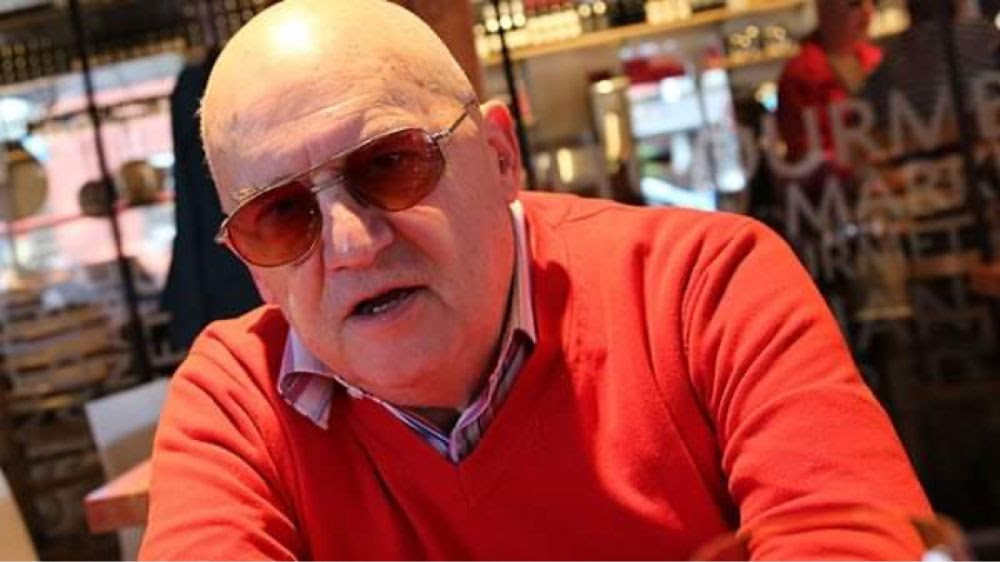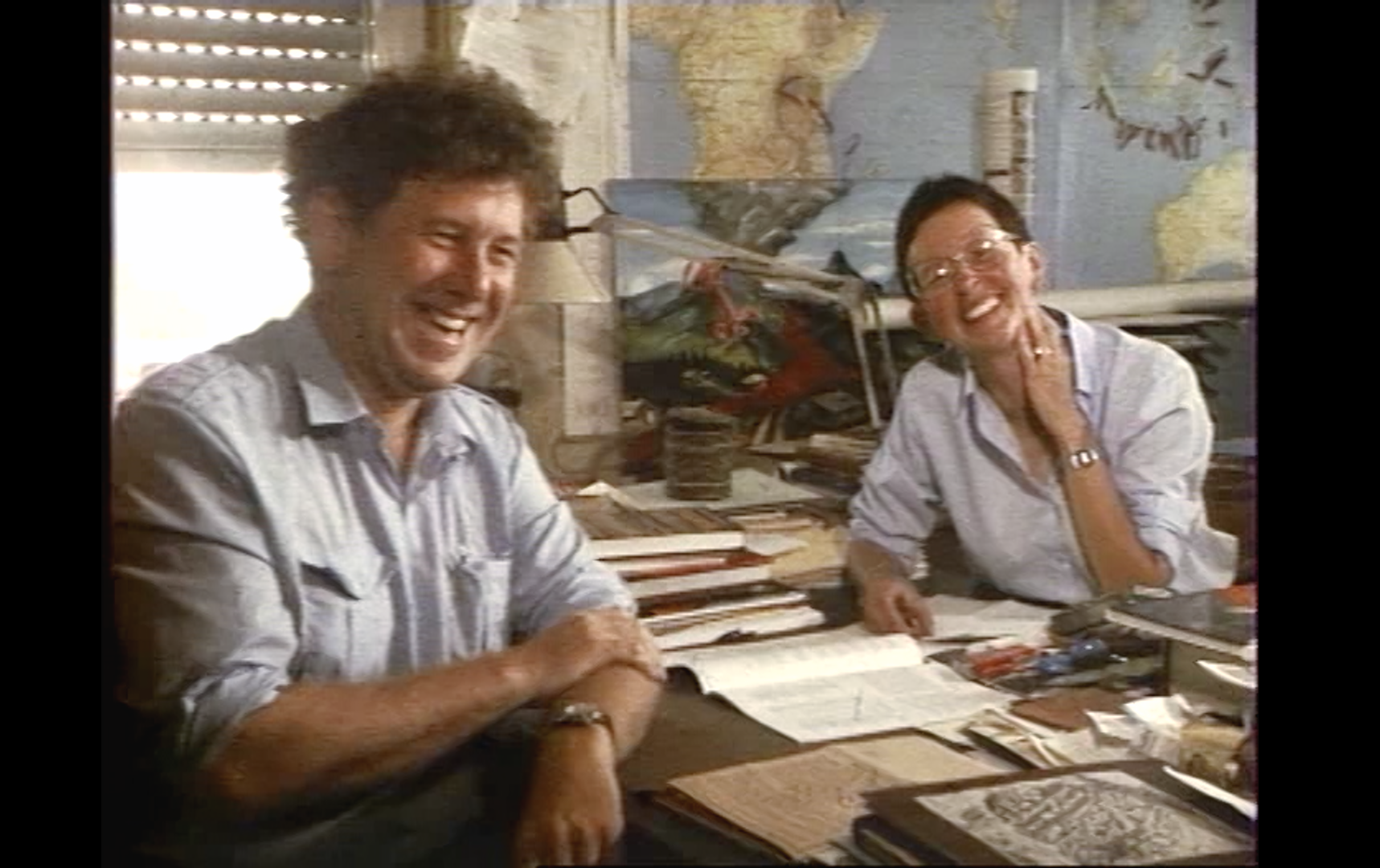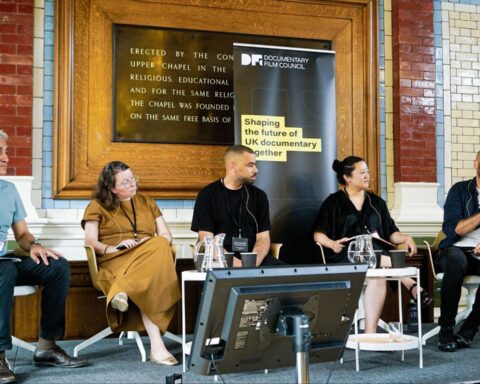Academy Award winning filmmaker John Zaritsky has died. His publicist confirmed that he passed on March 30 at Vancouver General Hospital at the age of 79. Heart failure was cited as the cause.
Zaritsky was one of only three Canadian directors to win an Oscar in the Best Documentary Feature category for a Canadian film. He won the 1982 Oscar for Just Another Missing Kid. The film traced the disappearance of Ottawa teenager Eric Wilson, who disappeared while on a road trip in the USA and was discovered to have been murdered by hitchhikers. The film drew acclaim for both its critique of a broken system as well as for its innovations in documentary form using re-enactments, which would become more mainstream in later years.
More recently, Zaritsky explored the creative impulses of eccentrics in A Different Drummer. The film premiered at Hot Docs 2013 and, admittedly, speaking to Zaritsky about the doc was one of this writer’s first assignments for this magazine. A personable filmmaker who spoke passionately and eloquently about not only his craft, Zaritsky understood the importance of ethical, empathetic filmmaking, not only for his subjects but also for the viewers in the room who might identify with their stories.
40 Years of Filmmaking
In a career that spanned over forty years, the St. Catharines-born Zaritsky garnered numerous accolades and his films screened at festivals across Canada and the world. Tears Are Not Enough (1985) featured a who’s who of Canadian icons collaborating for the titular Northern Lights for Africa Society Fundraiser. Stars in the doc included Bryan Adams, Geddy Lee, Eugene Levy, Catherine O’Hara, Gordon Lightfoot, and Anne Murray. The film earned a Genie nomination, one of two Zaritsky would receive. (The other being for 2010’s Leave them Laughing.)
Zaritsky won a Gemini Award for his 2007 documentary The Suicide Tourist. The Frontline doc followed Chicago native Craig Ewert as he travelled to Switzerland to die with dignity. The doc was widely noted for its empathetic yet objective consideration of the end of life debate. The film illustrated Zaritsky’s willingness to confront tough subjects through documentary. For example, Rapists: They Can Be Stopped (1986) tackled sexual assault in Africa. His 2012 doc Do You Really Want to Know? considered the genetic testing debate. It won two prizes at the Yorkton Film Festival. Moreover, in a trilogy of docs—Broken Promises, Extraordinary People, and No Limits: The Thalidomide Saga—Zaritsky investigated the devastating impacts of the drug thalidomide, which caused birth defects and deformations when taken by pregnant women. His body of work was celebrated by Hot Docs with the festival’s Focus On retrospective in 2014.
Zaritsky is survived by his wife, Annie Clutton, their children, and grandchildren. In a statement, Clutton said, “In [John’s] memory he would like you to do two things: Take a friend out for a beer or two, and watch a locally-made documentary and allow your life to be changed a little.”












